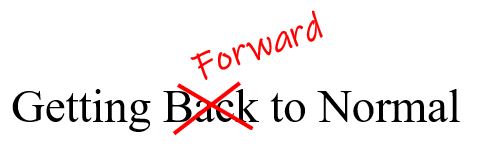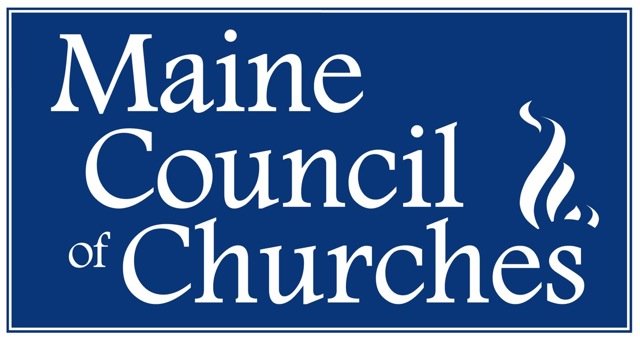MCC Blog April 24, 2020

There is no going back, is there? Do we really want to return to what was “normal” anyway—should “normalcy” really be our goal here? Should we be asking, “How could this pandemic emergency end up helping the church survive?” Or should we be asking, “How can what we learn from the crisis better equip the church to serve the world?”
These are some of the questions beginning to emerge within and beyond our churches as we enter the second month of shelter-in-place orders, quarantine, social distancing, illness, and death from the coronavirus pandemic here in Maine.
The initial adrenaline rush has subsided from congregations and faith leaders who climbed the steep learning curve (really a learning mountain!) of discovering how to be the church when the sanctuary has left the building. Holy Week and Easter are behind us for another year. We are now finding time to slow down, think, and pray during what some are calling “The Great Pause” this pandemic has created. We are asking what this disorienting, grief-stricken, unprecedented experience means for us as people of faith, what it means for our congregations, and what it means for our world.
This work can make us really uncomfortable (which is, as you know, one of the best indicators God is at work in the midst of it!). One of the ways many of us cope with this kind of discomfort and anxiety is to over-function, to focus on doing (and doing things perfectly) and on being productive (instead of just being), to obsess about penultimate things instead of ultimate things, as Rev. Dr. Jim Gertmenian so wisely phrased it in a recent webinar hosted by The BTS Center.
Rev. Susan Beaumont (Congregational Consulting Group), in her recent essay, “Finding Our New Normal,” explains the importance of resisting these coping mechanisms and choosing instead to lead from a less busy, more yielding, soulful place during this “liminal season” when we find ourselves between an ending and a new beginning, where the pathway forward is not obvious, yet holds great potential for leading us toward a world that is more compassionate, just and peaceful than the “old normal” ever was.
We at the Maine Council of Churches invite Maine’s people of faith and their congregations to enter into this liminal season together with us as we seek to follow some of Rev. Beaumont’s recommendations:
- Have the humility and wisdom to be willing to learn by leaning into the disorientation and trusting the leading of the Holy Spirit
- Have the courage to let go of the old status quo and the privilege it protected, to experiment, to take risks, to embrace innovation, to advocate for equity and justice
- Have the vision to lead a pursuit of what matters most and to claim one incremental step at a time in the direction of our shared aspirations
- Have the faith to let go of what once was and let ourselves be guided by God as we attend to the yearning of one another’s souls, sensing the collective longing that will guide us to the other side of chaos and into the future, into the world we hope for, the world God intends.

